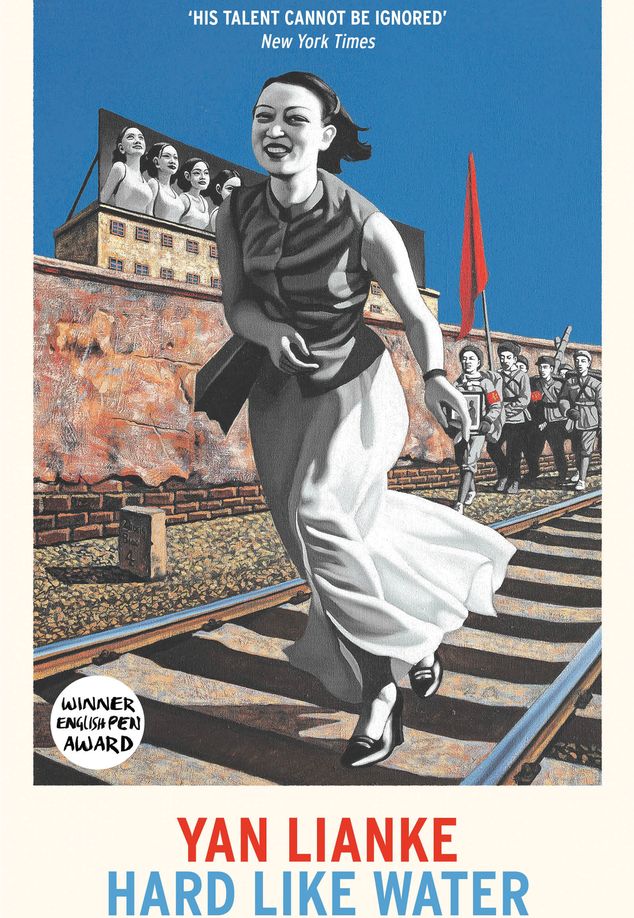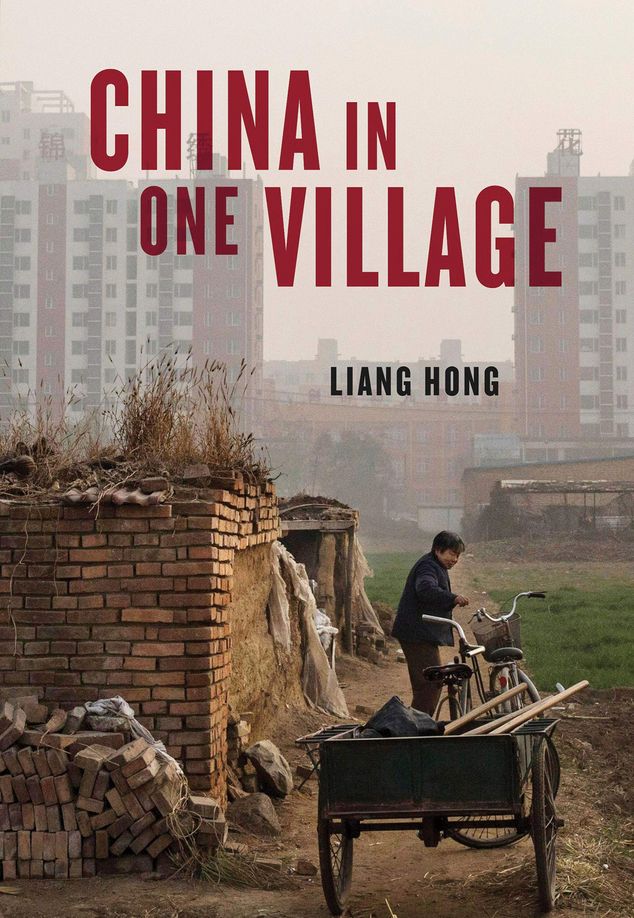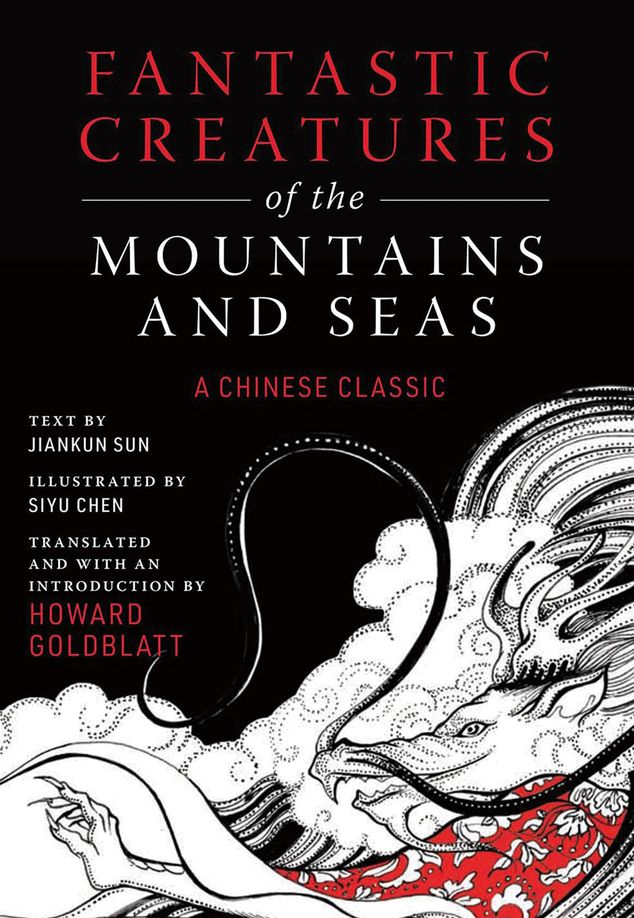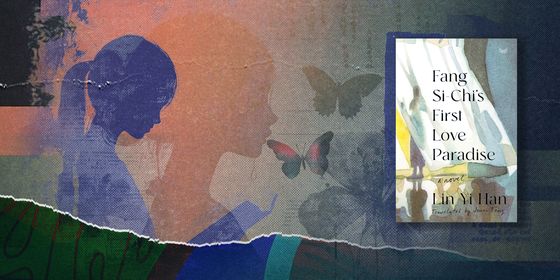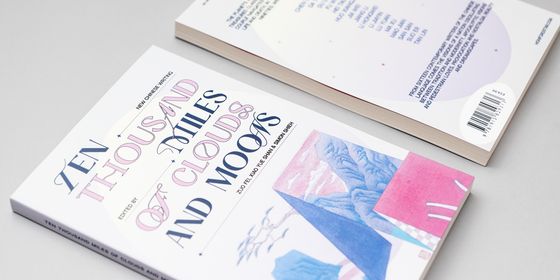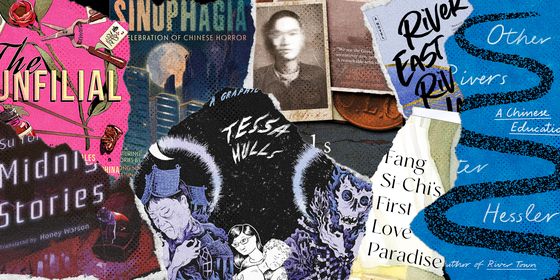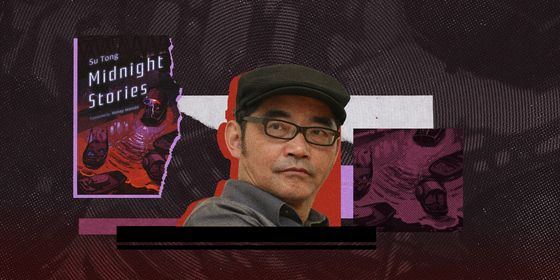A review of the new English translation of the Chi Ta-Wei's "The Membranes," an eerily relevant imagining of the future
June has passed, a month dedicated to the stories of the lesbian, gay, bisexual, transgender, and queer (LGBTQ+) community. In many parts of the world this means parades, festivals, and parties celebrated with fresh vigor after a cloistered 2020. For the literary world, this month of Pride kicked off with the English release of a Chinese-language queer sci-fi classic: Chi Ta-Wei’s The Membranes.
In Ari Larissa Heinrich’s adept translation, the prose of this Taiwanese 1995 novella arrives direct and declarative, like the semi-confessional writing that internet users committed to sites like LiveJournal around that time. It’s short, propulsive, and deceptively approachable. We very quickly understand the backstory of the protagonist Momo, told in wistful vignettes that reveal a future where all humanity has fled to the ocean’s floor to survive.
Chi presents a charming and somewhat naïve introduction to this disturbing future. The publishing industry flourishes—in this New Renaissance, writers can earn a living!—not in physical books or online publishing, but endless laserdiscs produced by MegaHard, a corporate behemoth that battles Microsoft and emerges victorious. Momo’s mother, a marketing Vice President at the company, helps distribute this plastic memory with useful tips on how to scrub away viruses and enjoy drugs without addiction. AIDS has been tamed with a mandatory vaccine, but the skin allergies it provokes—and the age of free love it awakens—create a booming market for the beauty industry, especially celebrity dermal care technicians like Momo.
Or so it seems.
Despite a bevy of technological marvels and perils, world-building is not the primary interest of Chi, who would go on to win multiple literary awards and analyze the island’s culture in Fetish Stories and
A Queer Invention in Taiwan. While the setting of The Membranes is filled with tropes familiar from Japanese anime, the narration is consumed with a dystopian identity flux, more like Philip K. Dick with hints of Judith Butler.
As science fiction, it charts a course vastly different from the mainland’s hard sci-fi, exemplified in Liu Cixin’s Three-Body Problem. It’s peppered with references to books and film, with subdued action like in an Ang Lee film, and questions from the narrator in similar style to European philosophical fiction—fittingly, the only prior translation was into French. From the first paragraph we’re invited to question everything about Momo’s reality. But, as in everyday life, the reader quickly forgets the troubling metaphysics as we’re drawn into the stream-of-conscious flow of reflections, anxiety, estranged intimacies, memories, schemes, and resolution.
In the layers of fiction that constitute Momo’s story—or more accurately, constitute Momo—Chi foreshadows a future that is quite queer, in the sense of breaking down sex and gender norms. Momo casually mentions she has two moms, that she’s traded one sexual anatomy for another, but that she’s been a girl throughout. The only man mentioned in the book loses himself in gay saunas and the search for “rough trade.”
But beneath those emblems lies a more radical queerness that can benefit people of any identity. When the final revelation comes, it exposes how fictional and malleable Momo’s identity is. She’s a girl because her mother wanted one. She’s a celebrity dermal care technician because the corporation says she is. These stories are the true membranes of the title, keeping out the ugly truth and preserving a beautiful lie inside her mind.
Who is Momo? She’s an idea built from stories. Who tells those stories? Momo counts her mother and the corporation manipulating her—but I count more. By the end of the novella we can trace a wealth of influences on Momo, including Shakespeare’s plays, Bergman’s films, and countless novels. Most importantly, we see the fictions built by Momo herself as she processes her longings and aspirations into memories of her own making, designed within the prison of her mind. This, more than the setting, is what makes Momo’s story radically queer.
Physical reality may be odious and oppressive: Chi knows it, having lived through the final years of Taiwan’s martial law era, the terror of the AIDS pandemic, and the scourge of bigotry that still mars much of our world. But the queer rejoinder to those oppressions is often the same: In my head, I have as much power as you. Momo, without even realizing it, uses that power to build her own story, inside and around the lies she’s been told. That’s where she finds a queer sort of freedom. It’s a lesson from the LGBTQ+ community that can help liberate readers of any identity.
The queer liberation we can read in The Membranes is that we each contain the freedom to define ourselves, using scraps of experience, story, and fantasy in and around us. Recognizing how malleable we are, we can reimagine ourselves as needed. It can be terrifying and vulnerable to let one’s certainties crumble, but in a world that limits or rejects you, it’s the only way to survive. By rewriting your story, you can reimagine this world and your place in it; by sharing our stories, we can make room for everyone at the margins. And that might be the only way we’ll survive the world to come.
Three More Recommended Books
Hard Like Water
Yan Lianke’s 2009 novel, translated by Carlos Rojas, follows a love affair between the party cadres Aijun and Hongmei during the Cultural Revolution. Aijun spots Hongmei on a railway and is instantly smitten, wondering if “she had been sitting there holding up half the sky all day” just so they could meet. Their romance, which sets their blood boiling as much as their shared class struggle, reaches feverishness as they dig tunnels for the revolution and then make love in the dark. Yan is known for his tongue-in-cheek, “mythorealist” style that sets absurdist storylines against the backdrop of history.
China in One Village
Regarded as a masterpiece of Chinese literary nonfiction, literature professor Liang Hong’s depiction of her home village in central Henan province is finally translated into English by Emily Goedde. Originally published in 2010, the book chronicles the stories of Liang’s relatives, neighbors, and childhood friends, from government officials to outcasts, all navigating the times as the village loses its population to the city and undergoes environmental degradation. Part memoir, part journalism, and part social commentary, the book is the first in a trilogy that provides a microscopic portrait of rural China in the early 2000s through the fates of the residents of Liang village.
Fantastic Creatures of the Mountains and Seas
The ancient bestiary Classic of Mountains and Seas is given new life by two Chinese millennials: author and history graduate student Jiankun Sun, and illustrator Siyu Chen. With versions tracing back to the fourth century BCE, the original text documented 277 mythological creatures that populate over 550 mountains and 300 seas—dragons, phoenixes, hybrid beasts, as well as spirits and deities with powers to foretell flood or cure nightmares. The text’s newest incarnation is accompanied by 180 original illustrations. The work is brought into English by Howard Goldblatt, the translator of Nobel Prize-winner Mo Yan. – TINA XU (徐盈盈)
Burst Your Bubble With Taiwan's Queer Sci-Fi Classic is a story from our issue, “Call of the Wild.” To read the entire issue, become a subscriber and receive the full magazine.







